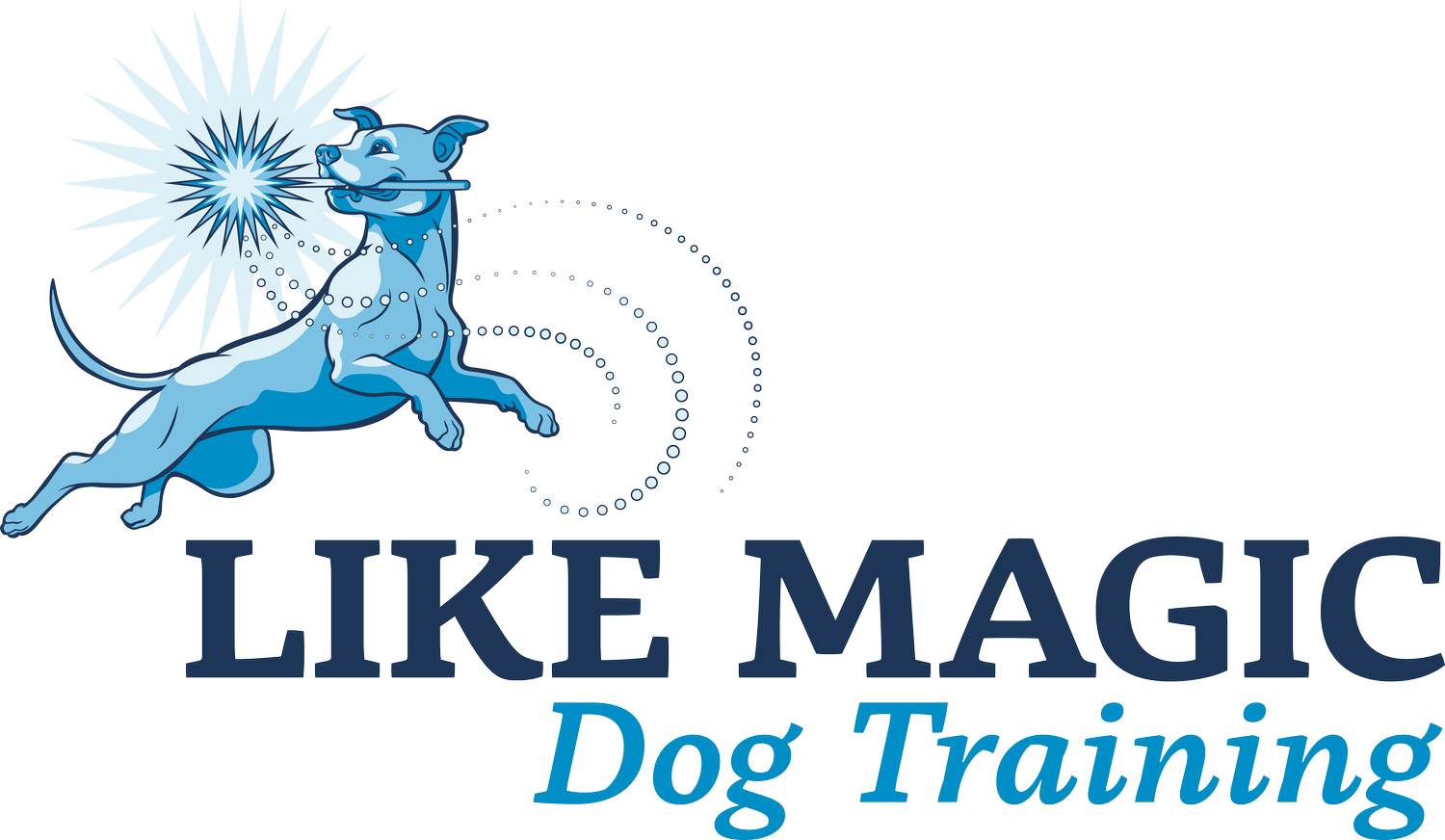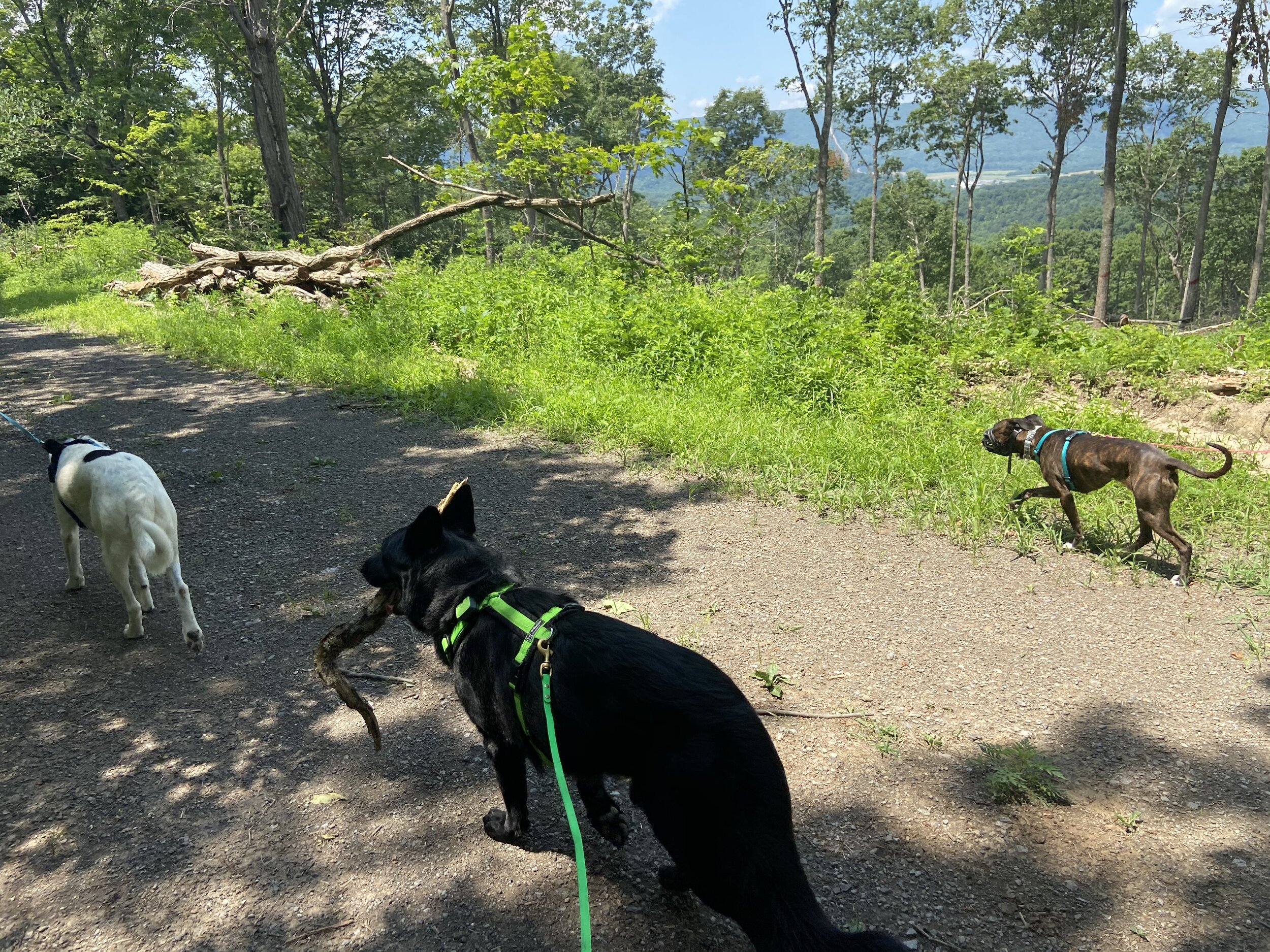The Bad Dogs Are Good Dogs, Too
There’s an expectation, floating out there in the ether, that as a trainer, your dog should be perfect. I’m not sure where it originates from, or even if it’s something taken truly seriously by anyone for whom it is more than a passing thought, but it is there. I feel it, often, when my dog misbehaves. There is an expectation surrounding professionals that in order to be effective, your personal connection to the same subject must be perfected.
It’s not true.
More so with dogs, I think, than many professions, for reasons dealing with how we approach our dogs. There is a cultural expectation that dogs like other dogs. That dogs, in their infinite “goodness” like anyone and everyone they meet, regardless of species and behavior. That a dog who dislikes other dogs, or humans, or kids, is inherently defective or “bad.” That something must have happened to that dog to make them the way they are.
That’s not true, either.
And then there’s the approach to training. Even more than children, in some ways, the behavior of one’s dog can bring about swift, unyielding judgement from others. When your dog pulls on leash, or barks, or lunges, there’s often an immediate, almost visceral directive to control your dog. But what does that mean? It means suppressing the outward behavior, stopping the unseemly, un-dog-like reaction your dog is having, the one that’s perceived negatively by the observers. It implies that training a dog is a matter of exerting your will thoroughly enough to have your dog obey.
Nope. That’s also not true.
So being a trainer with a “bad” dog is a challenge. To those external judgements, sure, but also because those expectations and cultural ideals live within me, too, no matter how illogical I know them to be. My dog isn’t even all that “bad” on the spectrum - she loves people, loves children, is generally well-mannered in the house and doesn’t get into or destroy anything. She is dog reactive. Extending more knowledge to the definition of “bad,” even that doesn’t make her a bad dog - it puts her smack dab in the breed standard for an American Pit Bull Terrier.
The essential characteristics of the American Pit Bull Terrier are strength, confidence, and zest for life. This breed is eager to please and brimming over with enthusiasm. APBTs make excellent family companions and have always been noted for their love of children. Because most APBTs exhibit some level of dog aggression and because of its powerful physique, the APBT requires an owner who will carefully socialize and obedience train the dog. The breed’s natural agility makes it one of the most capable canine climbers so good fencing is a must for this breed. The APBT is not the best choice for a guard dog since they are extremely friendly, even with strangers. Aggressive behavior toward humans is uncharacteristic of the breed and highly undesirable. This breed does very well in performance events because of its high level of intelligence and its willingness to work.
- UKC APBT Standard
Arguably, Mouse is not only a good dog, but a perfect example of her breed. Unfortunately, that does not make her dog reactivity any easier to live with, or cope with as a trainer.
When Mouse came home, I was a novice dog owner. She’s my first dog as an adult, and my forays into training as a child involved reading books like Jelly Bean vs. Dr Jekyll and Mr. Hyde and working my relatively easy-going lab mixes in our basement. Not exactly the training methods I rely on now, but far more balanced than the Cesar-Milan-steeped world of 90s and 00s pop dog training. I knew I would need help if I wanted her to be a good example for the bully breeds, and I did as many things right as I could. In retrospect, I would have done more. But as usual with any subject - when you know better, you do better (thank you, Maya Angelou). In the end, it doesn’t matter very much what I could have done - Mouse is, and will continue to be, a dog-reactive dog. And that’s taught me a great deal.
In training, it’s taught me the importance of emotional regulation, of meeting the dog where they are and working with what the dog is able to give you without going beyond their threshold. Mechanically, it’s taught me the value of situational awareness and precise timing. But in life, it’s taught me empathy. I owe the course of my life to my reactive dog, and to the people I encountered working with her. But in so many interconnected ways, I owe my parenting to the focus on small victories, on persistence, on resilience, on compassion and communication that working with a challenging dog taught me. I owe the ability to adjust in the moment, to not get stuck on plan A, to not strive for perfection and exhaust everyone including myself in the process, to my dog and to training with her. There is so much that is good in my life and that is good about myself that I owe directly and wholly to my “bad dog.”
Beware the bad dogs. They change you, irrevocably, for the better.

